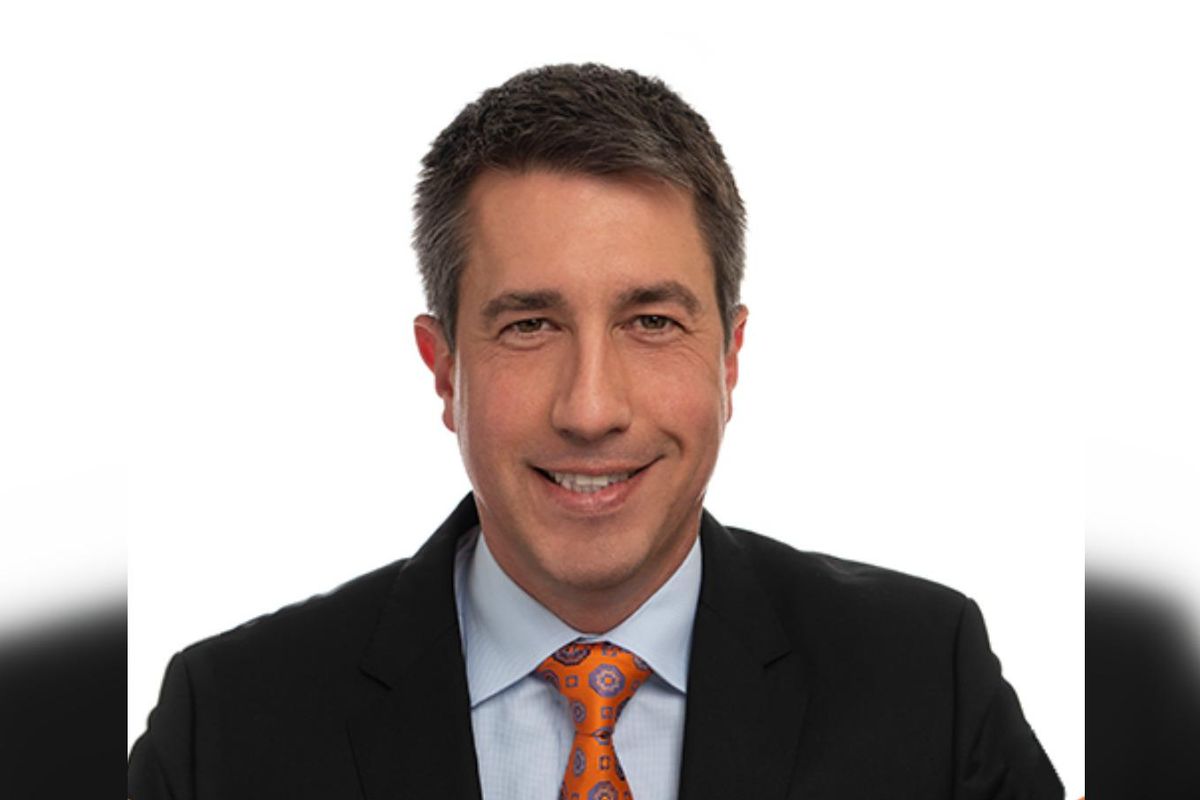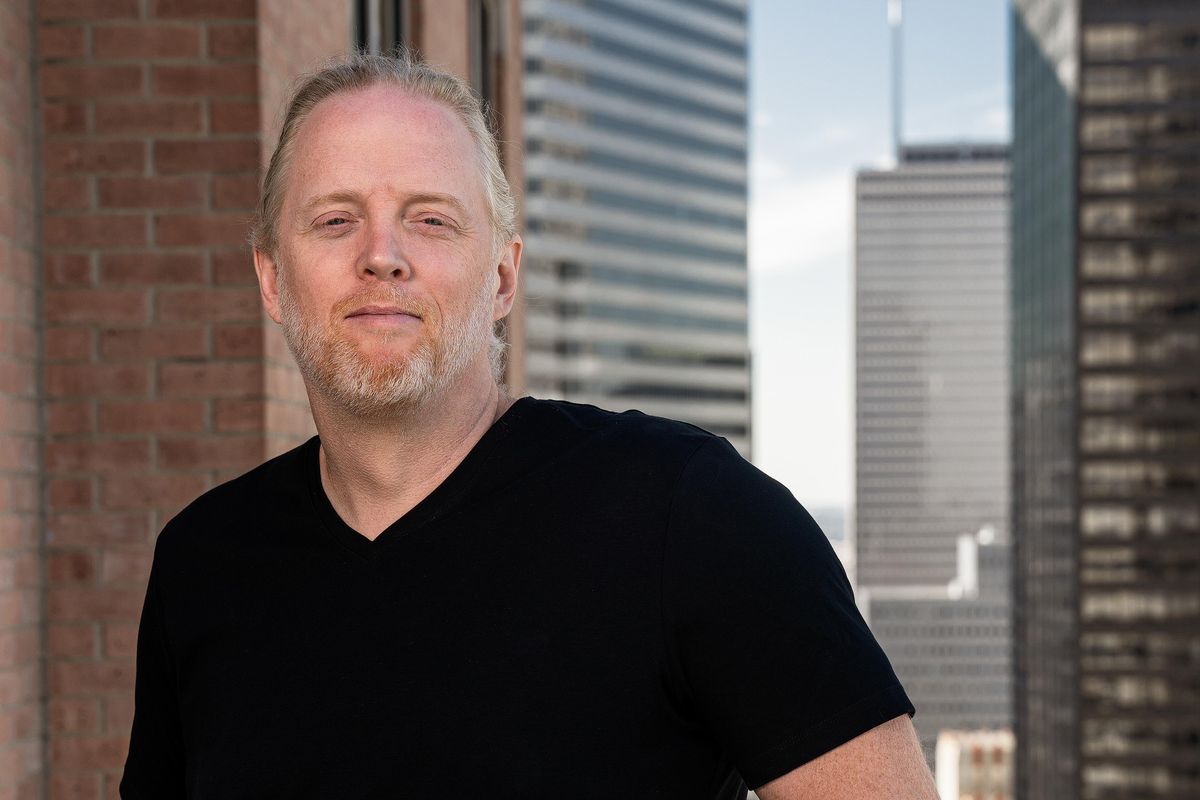Editor's note: In this week's roundup of Houston innovators to know, I'm introducing you to three local innovators across industries — venture capital, medical devices, and software — recently making headlines in Houston innovation.
Daniel Powell, CEO of Spark Biomedical

A new medical device created in Houston is revolutionizing opioid withdrawal treatment. Photo via sparkbiomedical.com
Houston-based Spark Biomedical has created an opioid withdrawal treatment device known as the Sparrow Therapy System. It's worn over the ear and sends mild electrical signals to trigger cranial nerves that release endorphins that the body has stopped producing on its own during opioid use. These endorphins help the user to make clearer, more logical decisions as they come off of the drug.
"If you ask 100 people who've gone through opioid withdrawal, I would bet 99 of them will tell you they thought they were going to die," Spark BioMed CEO Daniel Powell says. "Giving them the ability to manage that is huge. It's the first step towards addiction recovery. It's not solving the addiction, but it is an absolute barrier to move forward."
Carrie Colbert, general partner at Curate Capital

Carrie Colbert saw an opportunity is funding female-founded companies, and she's taking it. Photo courtesy of Curate Capital
Carrie Colbert has gone from energy executive to fashion and lifestyle content creation to her latest venture — venture investment. With her multifaceted career, she's grown her network across industries and platforms and now some of her followers have become Curate Capital's limited partners.
"Instagram turned out to be one of the best networking tools for me," Colbert says. "You can connect with people wherever they are and wherever you are." Read more.
Carson Hager, president at SafeFun

A Houston entrepreneur created a free smartphone app to easily track and share COVID-19 testing results. Photo courtesy of SafeFun
Last year, Carson Hager felt helpless as he saw Houston restaurants and bars being shut down amid the COVID-19 pandemic.
"I was thinking what's it going to take for people to be able to feel comfortable to go back out again and go out to bars and restaurants, gyms, salons, club, etcetera," he says.
In April 2020, he decided to act. And with the help of a few programmer friends pulling long hours for about 100 days straight, Hager created SafeFun, a Houston-based digital health passport that allows users to voluntarily and easily share COVID-19 test results and information. Read more.





